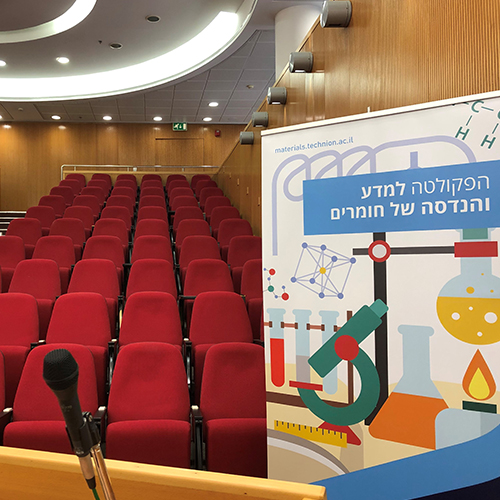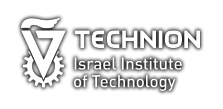
Ms. Katerina Bogomolov MSc candidate
05.02.2023
David Wang Auditorium, 3rd floor Dalia Meidan Bldg.
14:30
Ni-Zn battery is a rechargeable aqueous battery with high theoretical power density and considerably low cost in addition to being safe and sustainable. Currently, its cycle life is still insufficient as commercially leading Li-ion technology. Inferior performance derives from Zinc anode related challenges, limiting their implementation as an energy storage device. During the charge process Zn morphology alters either by Zn dendrite growth, leading to a short circuit and active mass losses, or by Zn redistribution due to parasitic hydrogen evolution. While during the discharge process it suffers mainly from corrosion and passivation.
Recently, various strategies, as variation of electrolyte chemistry, surface modification and novel electrode fabrication have attracted considerable attention. Application of electrolyte additives is a simple, economical, and effective method to impede Zn dendrite growth and promote alternative morphologies. It has been demonstrated in previous studies that Zn electrodeposition in presence of organic additives enables the control of interfacial processes. Some were also employed in batteries and found to be beneficial for dendrite elimination. Nevertheless, this strategy usually simultaneously leads to compromising the electrical efficiency by increasing the polarization losses.
This work reports on the positive effect of additives combination, inspired by embracing materials originated in the electroplating field, on grown morphology, hydrogen evolution and corrosion. Cycle life was extended with minimal polarization losses.
BIO
B.Sc. in Material Science and Engineering and Chemistry


